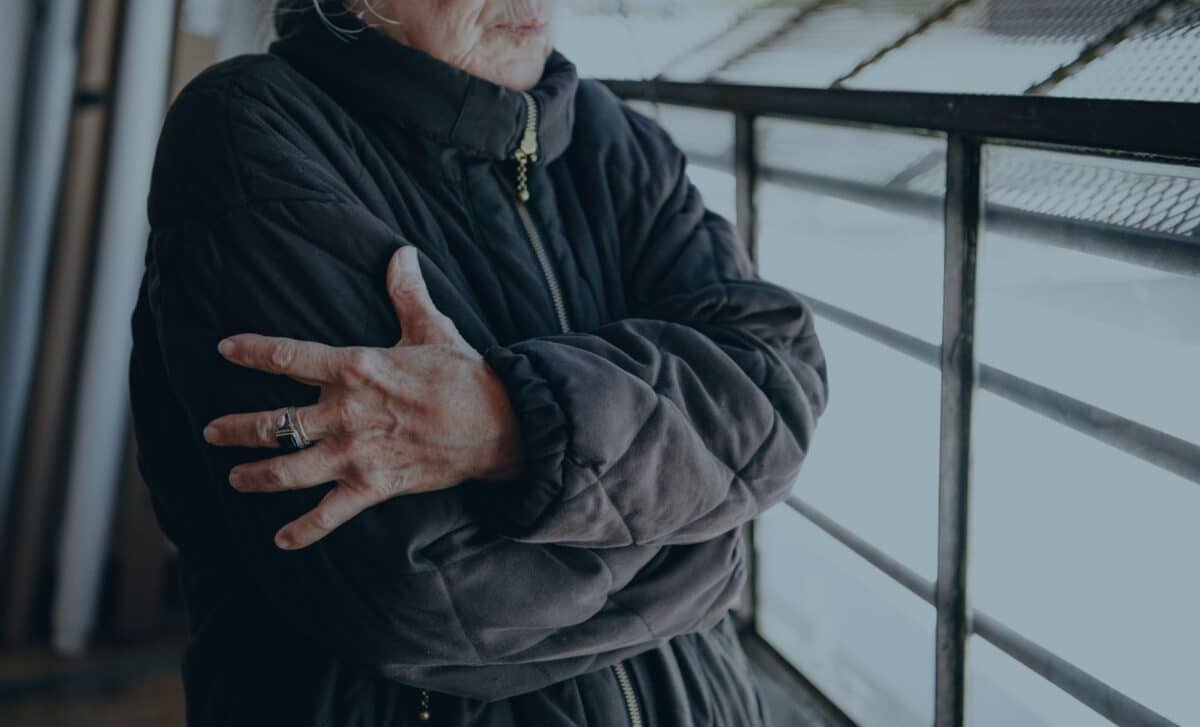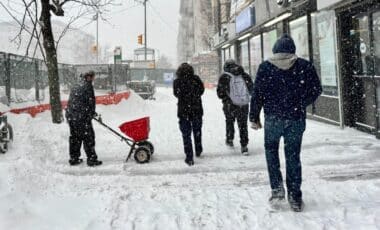As the United States faces a deepening housing crisis, a key federal initiative designed to shield vulnerable populations from homelessness is nearing an abrupt end.
Originally intended to offer long-term stability to those at acute risk—including survivors of domestic abuse and people living on the streets—the emergency housing voucher program is now set to exhaust its funding well before its planned 2030 endpoint.
This unexpected development threatens to displace tens of thousands of low-income households across the country. With inflation, rising rents and political gridlock straining federal resources, housing authorities are preparing for a wave of evictions.
Federal Program Shortfall Threatens Housing Stability
Tens of thousands of vulnerable households across the United States are set to lose access to federal housing support, as funding for the emergency housing voucher program is projected to expire four years earlier than originally planned.
Launched during the COVID-19 pandemic to address homelessness and housing insecurity, the scheme was intended to provide a decade of rental assistance to some of the country’s most at-risk individuals.
The Department of Housing and Urban Development (HUD) has confirmed that the financial resources allocated to the initiative are rapidly depleting. According to a recent update sent to public housing authorities, the remaining funds will only sustain recipients until 2026, placing nearly 60,000 people at imminent risk of eviction and homelessness.
Inflation and rising rents drain emergency funds
Introduced under the American Rescue Plan Act in 2021, the emergency housing voucher program was backed by $5 billion in funding and targeted people experiencing or at risk of homelessness, domestic violence survivors, and victims of human trafficking.
The program enhanced the existing Section 8 housing scheme by raising rent caps, easing documentation requirements, and offering financial incentives to landlords.
Since its launch, rents in the United States have surged by approximately 19% between 2019 and 2024, with the sharpest increases recorded during the program’s early phase. According to HUD, this inflationary pressure, coupled with persistently high housing costs, accelerated the depletion of available funds.
A HUD spokesperson stated the vouchers could only be sustained “through 2026,” blaming the financial shortfall on economic conditions under the Biden administration.
Housing experts warn that the consequences will be severe. Kim Johnson, senior policy director at the National Low Income Housing Coalition, described the development as “an awful cycle,” noting that many of the individuals receiving aid “still cannot afford market rent and will now be expected to cover full costs.”
California, the state with the highest allocation of vouchers—over 15,000—has been particularly affected, with cities like Los Angeles and San Diego already projecting service cut-offs by mid-2026 or earlier.
Vulnerable populations brace for renewed homelessness
For many recipients, the end of the scheme will mark a return to the precarious conditions from which they had only recently escaped.
Brian White, a 57-year-old San Francisco resident who was previously homeless due to illness, now pays around $400 a month for his subsidized apartment. Without the voucher, he expects to lose his home, saying: “I’m scared to death thinking about going back to the streets. I won’t last a month.”
The program’s design—requiring tenants to contribute just 30% of their income towards rent—had broader social benefits, according to housing authorities. Improved housing stability reportedly led to greater food security and a reduction in stress-related health issues.
With the Republican-controlled Congress unlikely to approve further funding, and with 24,000 people already on Los Angeles’ housing waitlists, housing advocates argue that urgent legislative intervention is the only viable path to prevent mass displacement.









